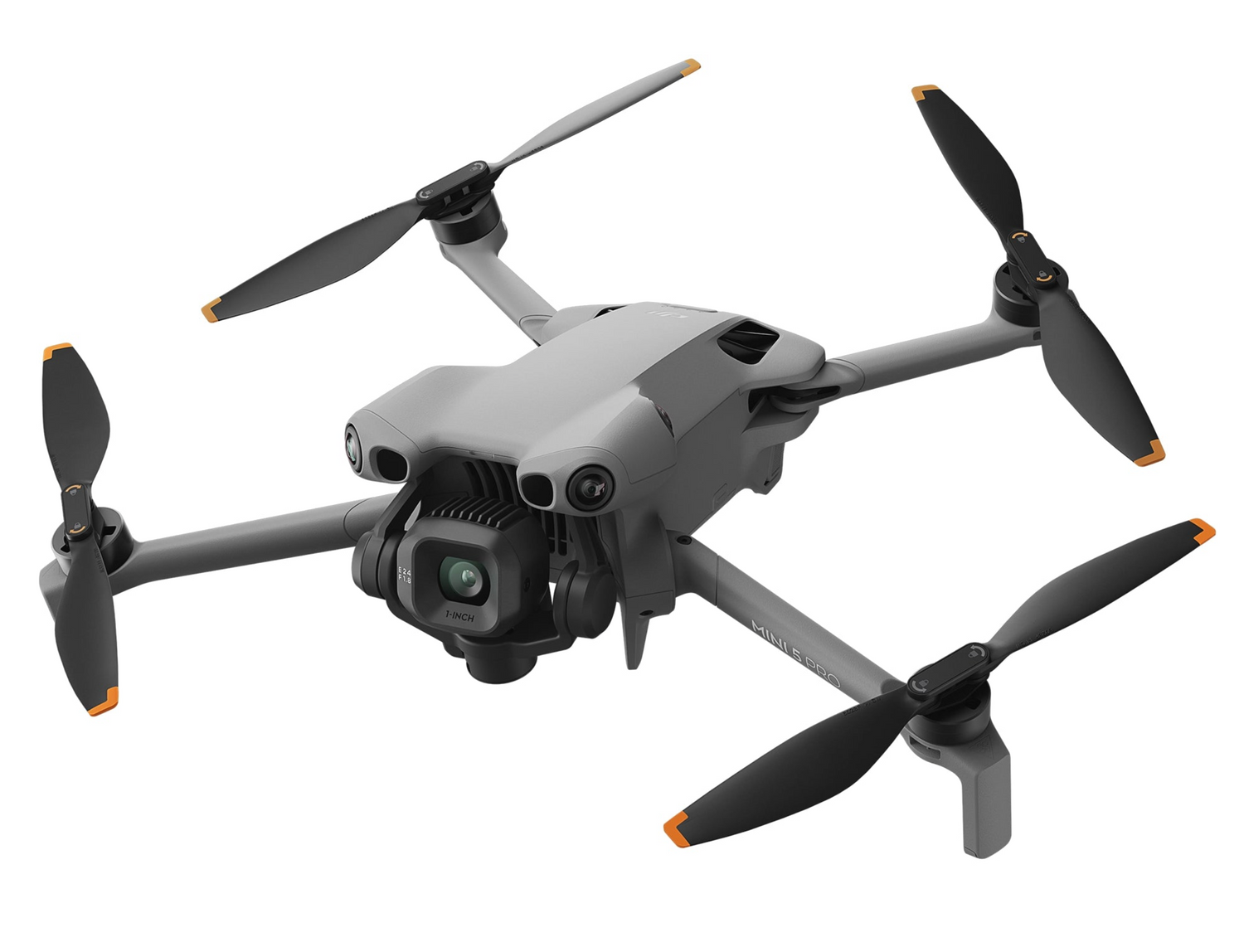FAA Drone Information
Drone Law and Legal Assistance
Navigating FAA drone regulations can be complex — but the right guidance makes it simple.
FlyingAg proudly recommends Jonathan Rupprecht, Esq., a recognized national expert on drone law. Jonathan combines his background as a commercial pilot, flight instructor, and attorney to help individuals and businesses launch and scale drone operations legally and confidently.
A graduate of Embry-Riddle Aeronautical University (B.S., Magna Cum Laude), Jonathan is the author of Drone Law for the Public and co-author of the American Bar Association’s legal treatise on unmanned aircraft systems (UAS) — covering FAA rulemaking, the history of drone regulation, and current commercial drone laws.
For professional drone legal guidance, visit:
🔗 Rupprecht Law
FAA DroneZone
For the most current FAA policies and updates, visit:
🔗 FAA DroneZone
(Click the FAA logo to go directly to their official website.)
What You Need to Legally Operate an Agricultural Drone
Operating an agricultural drone in the United States requires compliance with several federal, state, and localregulations.
FlyingAg recommends working directly with Rupprecht Law, who can guide you through every step — whether your drone was purchased through FlyingAg or one of our authorized resellers.
Only standard attorney and FAA filing fees apply. FlyingAg and its resellers do not add any extra charges.
✅ Peace of mind: You’ll know your operation is fully compliant when the process is complete.
FAA Part 107 – Drone Pilot License
This certification ensures you have a working knowledge of FAA regulations, operational safety, and airspace rules.
-
Test taken at an FAA-approved testing facility (Cost: ~$175)
-
60 questions; must score 70% or higher to pass
-
Includes night operations
-
Required for all commercial drone pilots
For details, visit: FAA Part 107 Overview
FAA Part 137 – Aerial Applicator License
This certification allows you to legally apply chemicals or fertilizers using a drone.
Not all substances fall under Part 137, so confirm that your intended product is covered.
While historically a longer process, the FAA has streamlined approvals for agricultural operators in recent years.
Learn more: FAA Part 137 Overview
Heavy Drone Exemption (Over 55 lbs)
If you’re flying a DJI Agras T40 or any drone weighing more than 55 pounds, you’ll need a Part 11 Exemption.
Once granted, this exemption allows you to operate any FAA-approved aircraft listed under the official heavy-drone exemption list — which continues to grow as new models are certified.
FAA Medical Certificate
If you plan to operate a drone over 55 pounds, you’ll need a Third-Class FAA Medical Certificate (previously Second-Class).
This is a physical examination conducted by an FAA-designated Aviation Medical Examiner (AME) and is similar to the medical requirements for a commercial driver’s license (CDL).
Drone Registration
All drones weighing more than 0.55 pounds must be registered with the FAA.
That includes nearly all professional drones, such as Matrice and Agras models.
Once registered, you’ll receive a Certificate of Aircraft Registration that must be carried (paper or digital) during flight.
Your registration number must also be clearly displayed on the aircraft — similar to an aircraft tail number.
![]()
Register here: FAA DroneZone
State & Local Applicator Licenses
Many states require additional certification to apply agricultural chemicals.
Check with your state’s Department of Agriculture or local licensing authority to ensure you hold the correct applicator license.
Insurance Coverage
Protect your investment and operation.
Drone insurance is widely available today and can include:
-
Liability and property damage
-
Bodily injury
-
Payload and equipment protection
-
Chemical liability (if spraying)
Coverage requirements vary by region and operation type, so confirm your policy meets all applicable state and federal standards.

